Non-Computable You
What You Do That Artificial Intelligence Never WillRobert J. Marks IIWill machines someday replace attorneys, physicians, computer programmers, and world leaders? What about composers, painters, and novelists? Will tomorrow’s supercomputers duplicate and exceed humans? Are we just wetware, natural computers doomed to obsolescence by tomorrow’s ultra-powerful artificial intelligence? In Non-Computable You: What You Do That Artificial Intelligence Never Will, Robert J. Marks II answers these and other fascinating questions with his trademark blend of whimsy and expertise. Catch a glimpse of the geniuses behind today’s AI — their foibles, follies, and friendships — as told by someone on the inside. Under the author’s steady and winsome guidance, learn about the exciting possibilities for artificial intelligence, but also hear how many of the heady claims for AI are provably overblown. Marks shows why there are some powers AI will never possess, no matter what. These powers belong to another — to non-computable you.
Praise
Are human beings obsolete? Is that why fewer people are having children? Bob Marks’s delightful Non-Computable You offers a well-reasoned rebuttal. So be human, be creative!
Gregory Chaitin, algorithmic information theory pioneer and discoverer of Chaitin’s number
Bob Marks’s Non-Computable You throws a big bucket of informed cold water on the runaway brushfire of Big-Tech hype that makes up far too much of modern AI.
Bart Kosko, University of Southern California, author of Fuzzy Thinking and Cool Earth
This is a shockingly good book! I’ve listened to Bob Marks lecture over the years against the inflated claims by artificial intelligence’s high priests. But this book ties together his critique of AI in a masterful and awe-inspiring way. I’m blown away.
Bob himself is a founder of the field of computational intelligence, that part of AI with an actual record of achievement and with aspirations that are measured and realistic. He is thus ideally poised to demolish the hype and nonsense that infects AI when it moves from computer science to science fiction. “Humans are about to be superseded by machines,” “computers will match human intelligence and then exceed it,” “soon we’ll be uploading ourselves onto digital media and achieving immortality.” Marks shows convincingly that all such claims are more implausible than the myths of ancient times, and that in fact they constitute a religious credo for modern materialists.
But Marks’s case is not just negative, showing what computers can’t do. He also shows how humans have an incredible range of capacities that machines will never match or exceed, everything from the raw feels of sensation to the creativity of our greatest artists and inventors. Marks concludes that humans are exceptional and that they don’t share their exceptionalism with machines. If you’re going to read only one book on artificial intelligence, this needs to be it!
William A. Dembski, author of The Design Inference
Fascinating and entertaining. I learned a LOT. So will you.
Gary Smith, Fletcher Jones Professor of Economics, Pomona College
It is refreshing to have a writer of Marks’s stature write a definitive book on the relationship between artificial intelligence and human consciousness. Marks leaves no stone unturned as he makes clear the limitations of algorithmic computation and Strong AI’s inability to ground and account for qualia, semantic meaning, intuitive insight/awareness, free will, and a host of other things that constitute human consciousness and intelligence. His placement of (alleged) emergent mental properties as comparable to getting a pony from horse poop (and, yes, the horse is prior to the poop!) is worth the price of admission. This interesting, widely accessible book sets the record straight and must be read by thinking Christians who don’t want to be duped by the extravagant claims of certain scientists.
J. P. Moreland, PhD, Distinguished Professor of Philosophy, Talbot School of Theology, Biola University, and co-editor of The Blackwell Companion to Substance Dualism
Because of a desperate craving for public attention, the news on artificial intelligence is by and large dominated by either unrealistic utopian fantasies or cataclysmic dystopian predictions. As a voice in the wilderness Robert Marks’s meticulous analysis of the scientific evidence behind the inherent limitations of AI and his masterful exploration of the powerful arguments for the age-old belief in human exceptionalism bring a refreshing tone of perspicacity and soberness to the ongoing debate.
Tobias A. Mattei, MD, Assistant Professor of Neurosurgery, St. Louis University
I have heard for some years that artificial intelligence (AI) will surpass human intelligence within as little as thirty years, after which humans will become redundant (or even terminated if AI perceives us as a threat). Professor Bob Marks’s new book explains why he thinks that AI is fundamentally different from human beings and will not be able to fully replace us. I read his book with absolute fascination. I have known Bob for a long time, since he was the founding Editor-in-Chief of IEEE Transaction on Neural Networks, one of the most prestigious technical journals in AI that publishes peer reviewed original research. As a world-class researcher and a pioneer in AI, Bob is best known for his math and engineering skills—but now I am amazed by his talent in storytelling. Whether you eventually agree with his conclusion or not, I can assure you that the book will be an entertaining and informative read.
Lipo Wang, PhD, Associate Professor of the School of Electrical and Electronic Engineering, Nanyang Technological University, Singapore
Written brilliantly by an expert who served as Editor in Chief of a leading AI journal and who helped lay the foundations of the field, Non-Computable You will fascinate anyone interested in learning what today’s AI revolution is all about. Marks is equally aware of AI’s amazing possibilities and of its limitations. You will find in this book precise references to the basic concepts of AI, but also a lot of funny and lighthearted threads that combine useful and fun. An enjoyable and unique book.
Jacek M. Zurada, PhD, Professor of Electrical and Computer Engineering, University of Louisville; Life Fellow of IEEE; Fellow of International Neural Networks Society
In Non-Computable You, Robert Marks patiently dismantles two reigning myths of our age: that man is a machine and that machines will soon become men. Using the solid results of computer science and information theory, he shows that human beings transcend the machines we create, and fancier technology won’t change that fundamental truth.
Jay W. Richards, PhD, Director of DeVos Center for Life, Religion, and Family at the Heritage Foundation; author of The Human Advantage: The Future of American Work in an Age of Smart Machines
Non-Computable You is a highly topical book where Robert Marks skillfully explains the great achievements, but also the limitations, of Artificial Intelligence (AI). Difficult topics like AI tests, neural networks, expert systems, the incompleteness of mathematics, the halting problem of computer science and algorithmic information theory are introduced in an intuitive but still very accurate way. This ability to explain difficult topics in a simple, pedagogical, and humoristic way, with lots of examples, requires deep insights and understanding. From these examples it is evident that Marks himself made important contributions to the theory and applications of AI. The book can be read by anyone who wants to learn more about the history of, the theory behind, and the applications of AI, and most importantly, why algorithms and computer codes will not be able to replace the human mind. After reading this book you will on the one hand be very grateful for the great achievements of AI, but on the other hand you will even more realize that humans are wonderfully made, in a way that machines will never be able to copy.
Ola Hössjer, PhD, Professor of Mathematical Statistics, Stockholm University, Sweden
Marks wields a sledgehammer — but with the accuracy and adroitness of a scalpel in the hands of a great surgeon who follows a perfect plan toward healing. I hold out hope that AI, now deeply ill with (as Marks points out) over-hyped nonsense in its system, will be improved in health courtesy of this book. Computer scientists grow up learning the fundamental dichotomy between the computable and the uncomputable, but this book, so appropriately titled, explodes right out of the gates with compelling arguments for the proposition that we are simply non-computable. The very reason we remain alive, to subjectively experience the gift of life we’ve been given, is his first blow with the hammer, and it’s hard to imagine true believers in mere mechanical mind can sustain their faith in the face of Marks’s sustained, relentless case.
Selmer Bringsjord, PhD, Professor of Cognitive and Computer Science, and Director of Rensselaer AI and Reasoning Laboratory
Supplementary Materials
Figures and Pictures
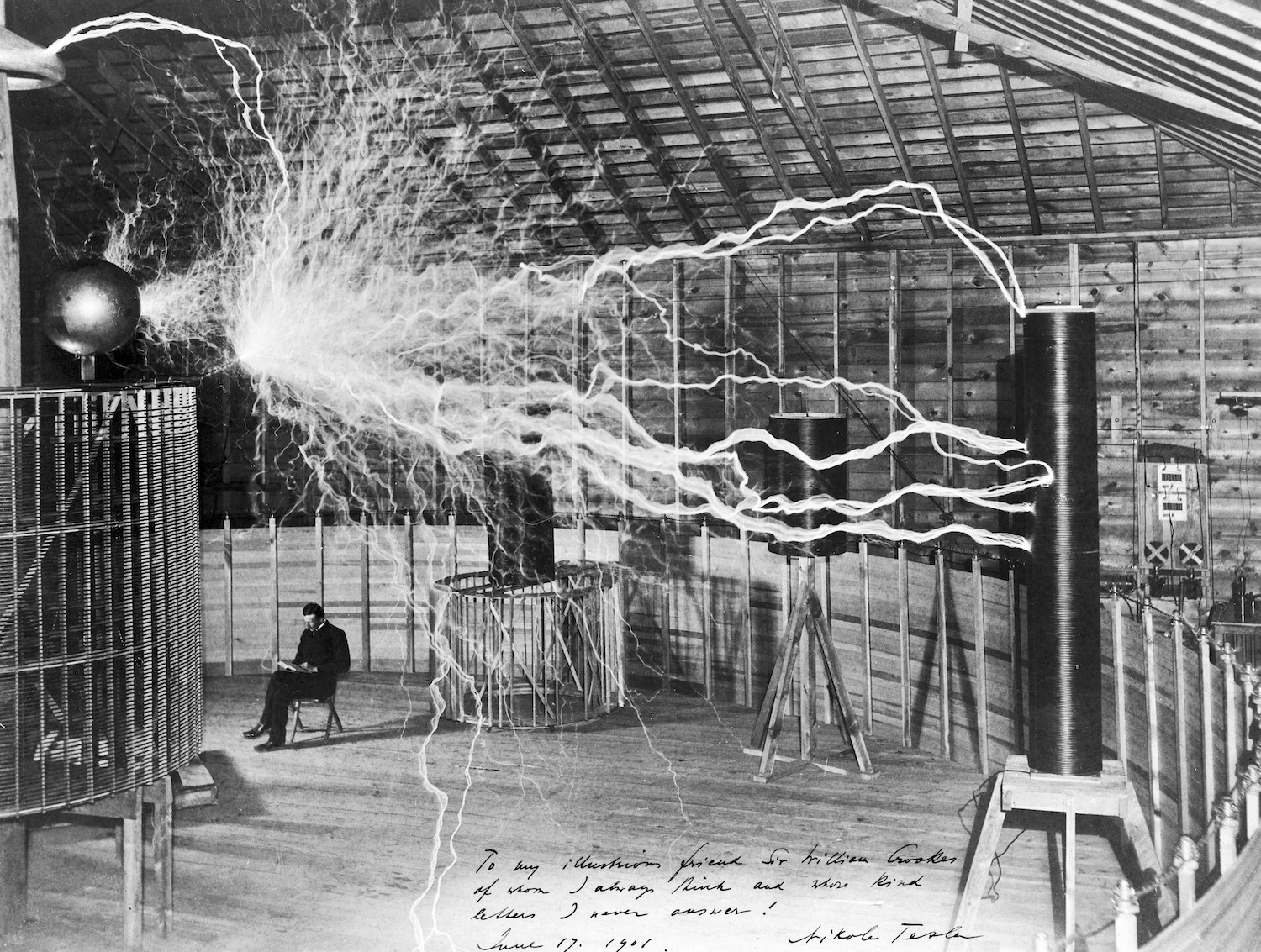
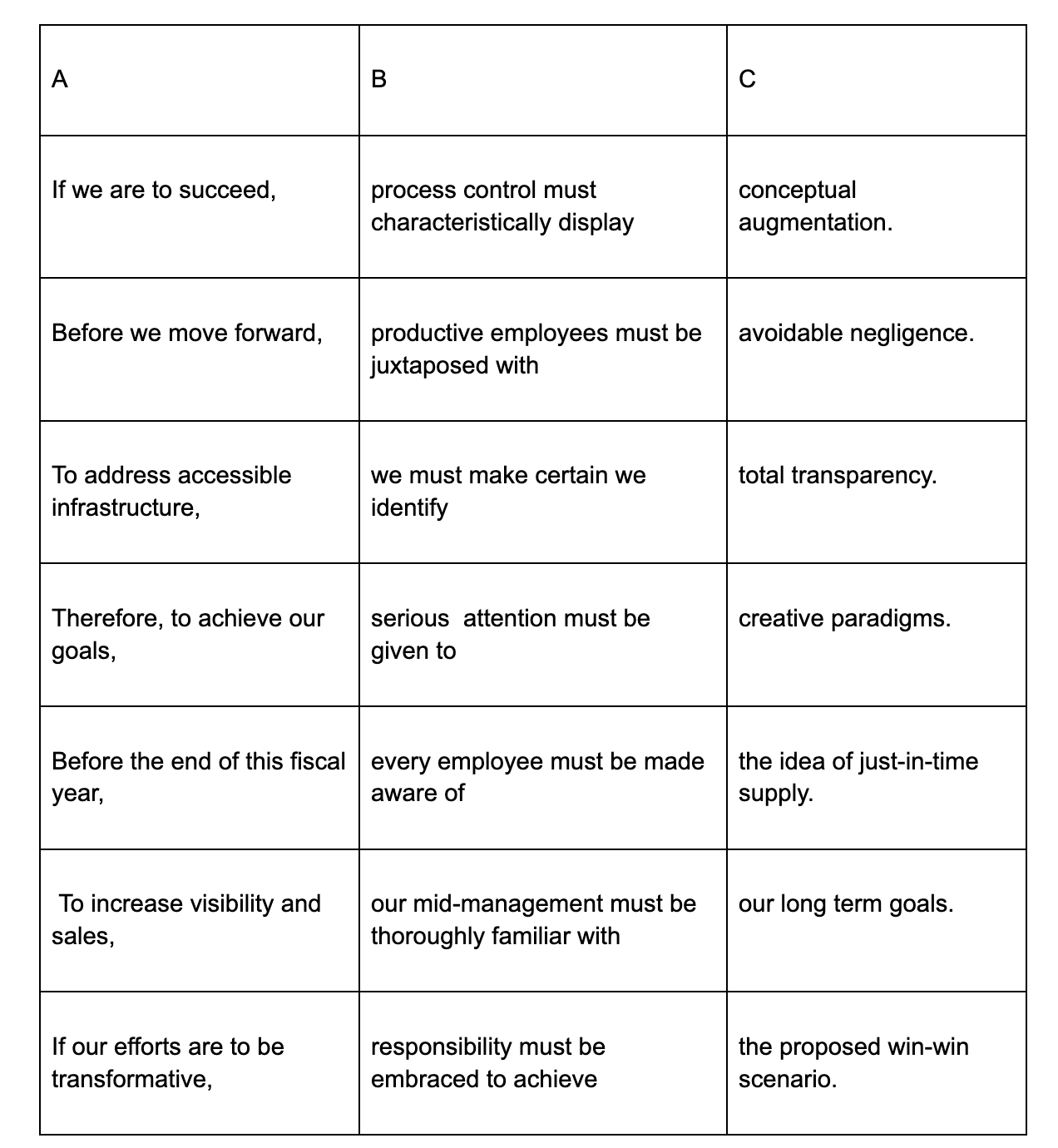

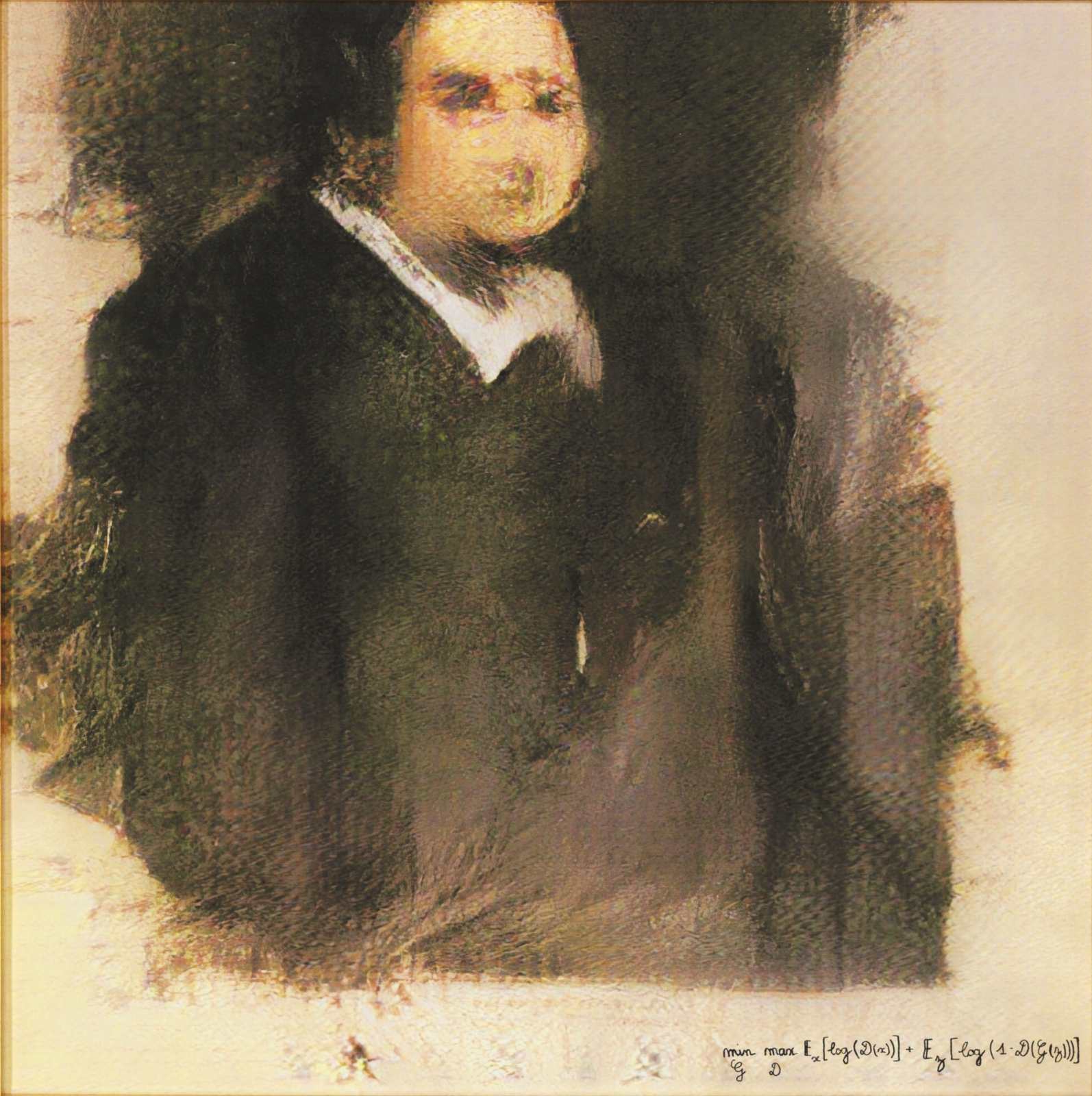

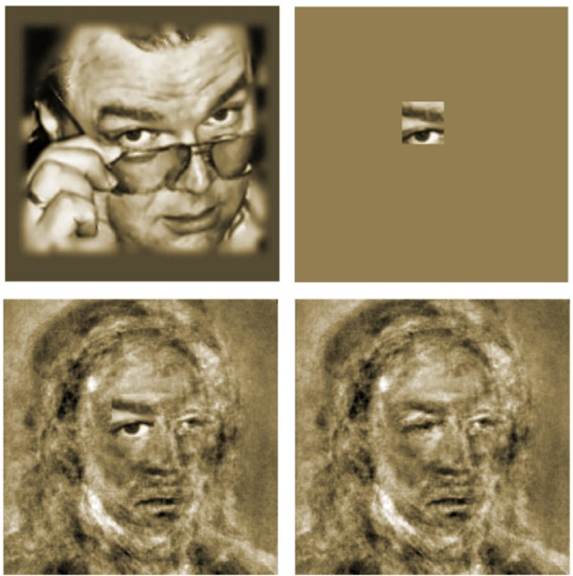




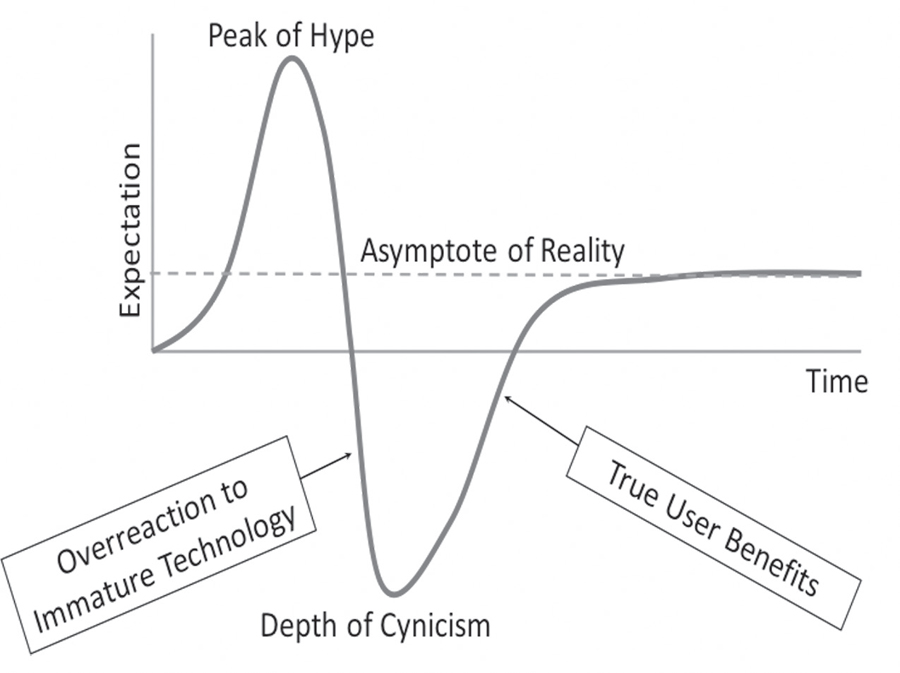
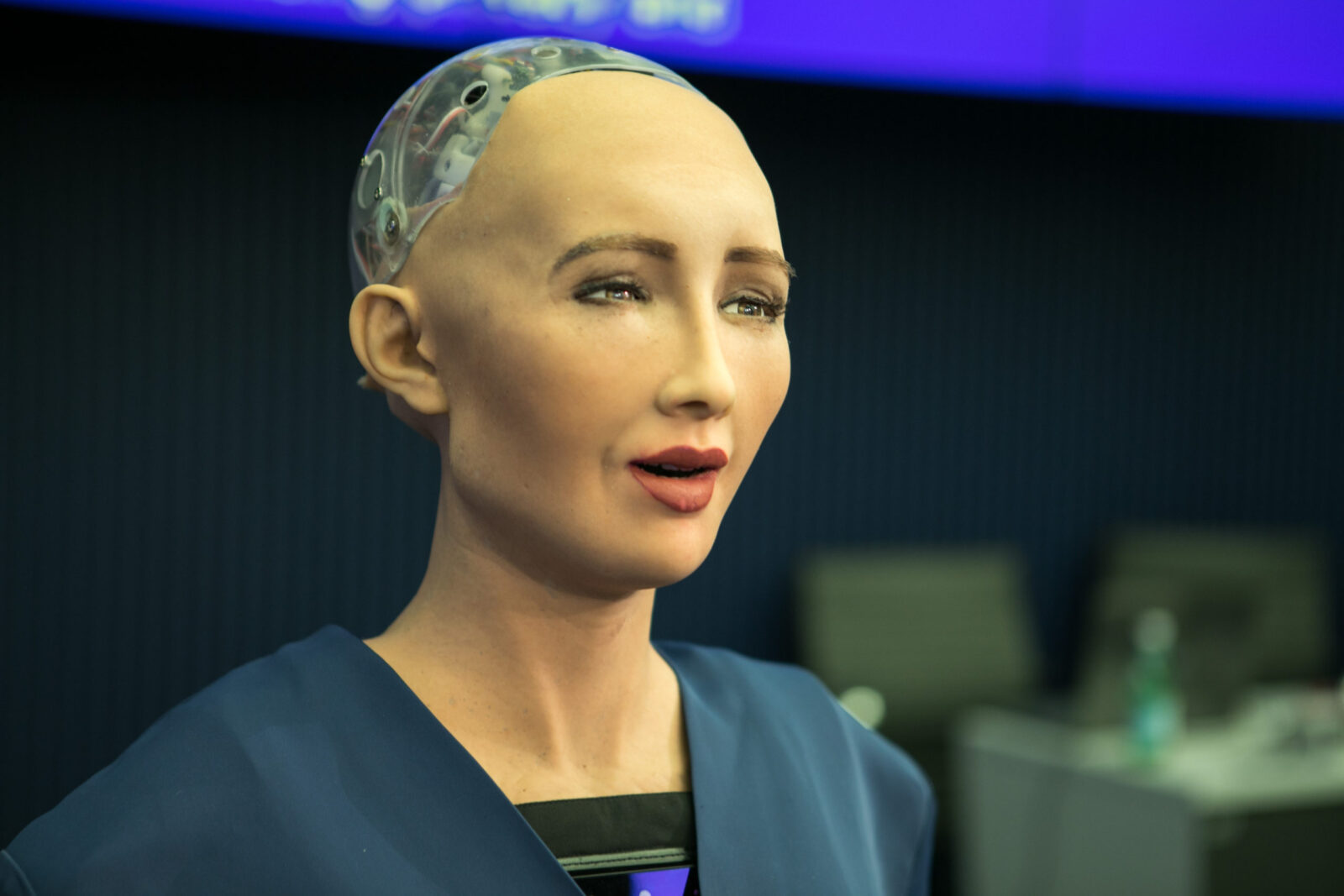
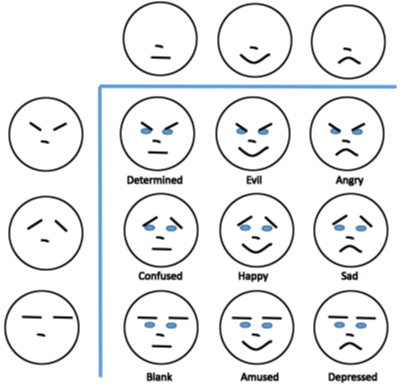


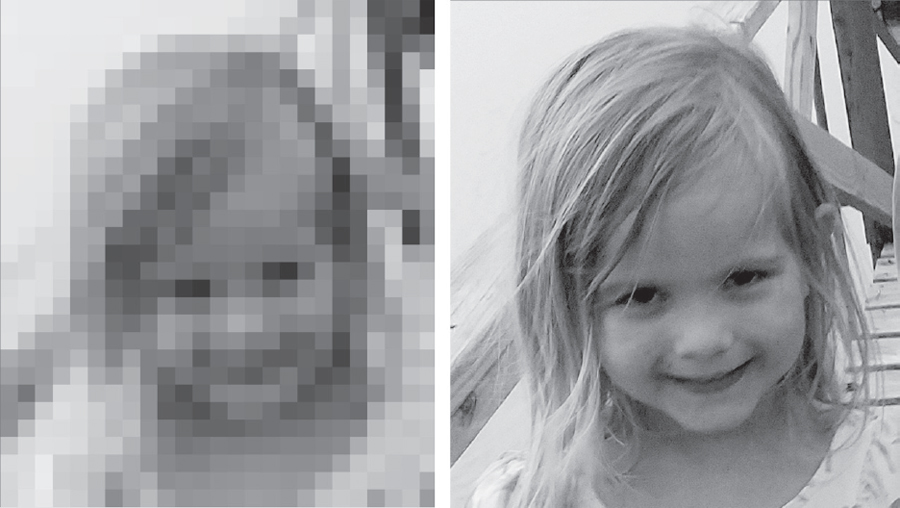
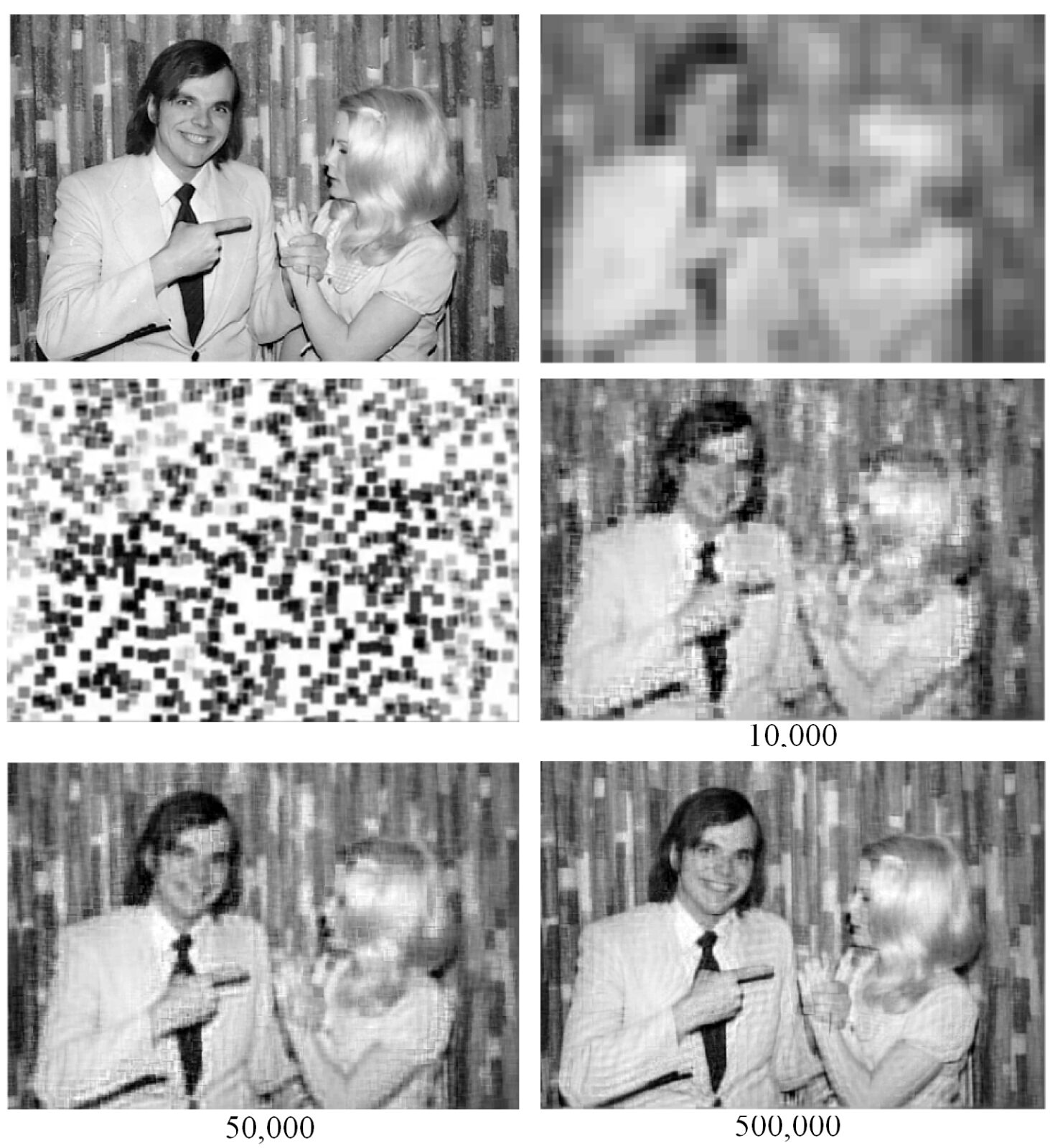
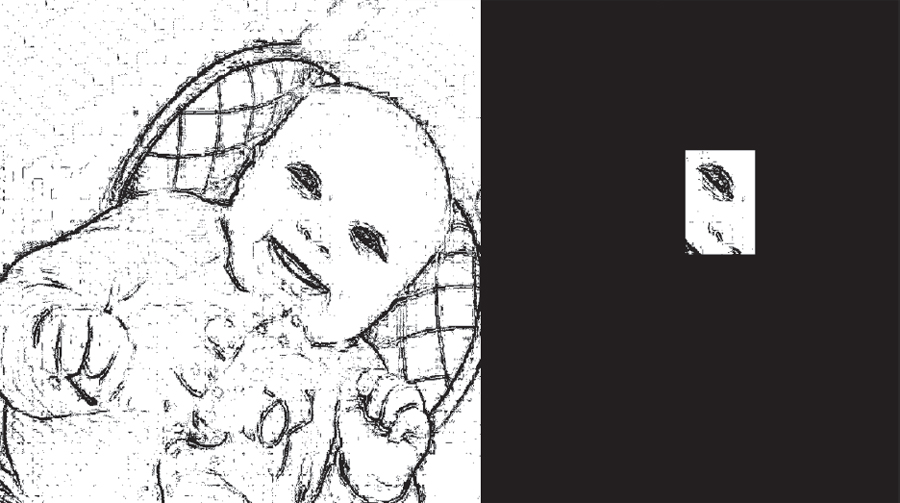
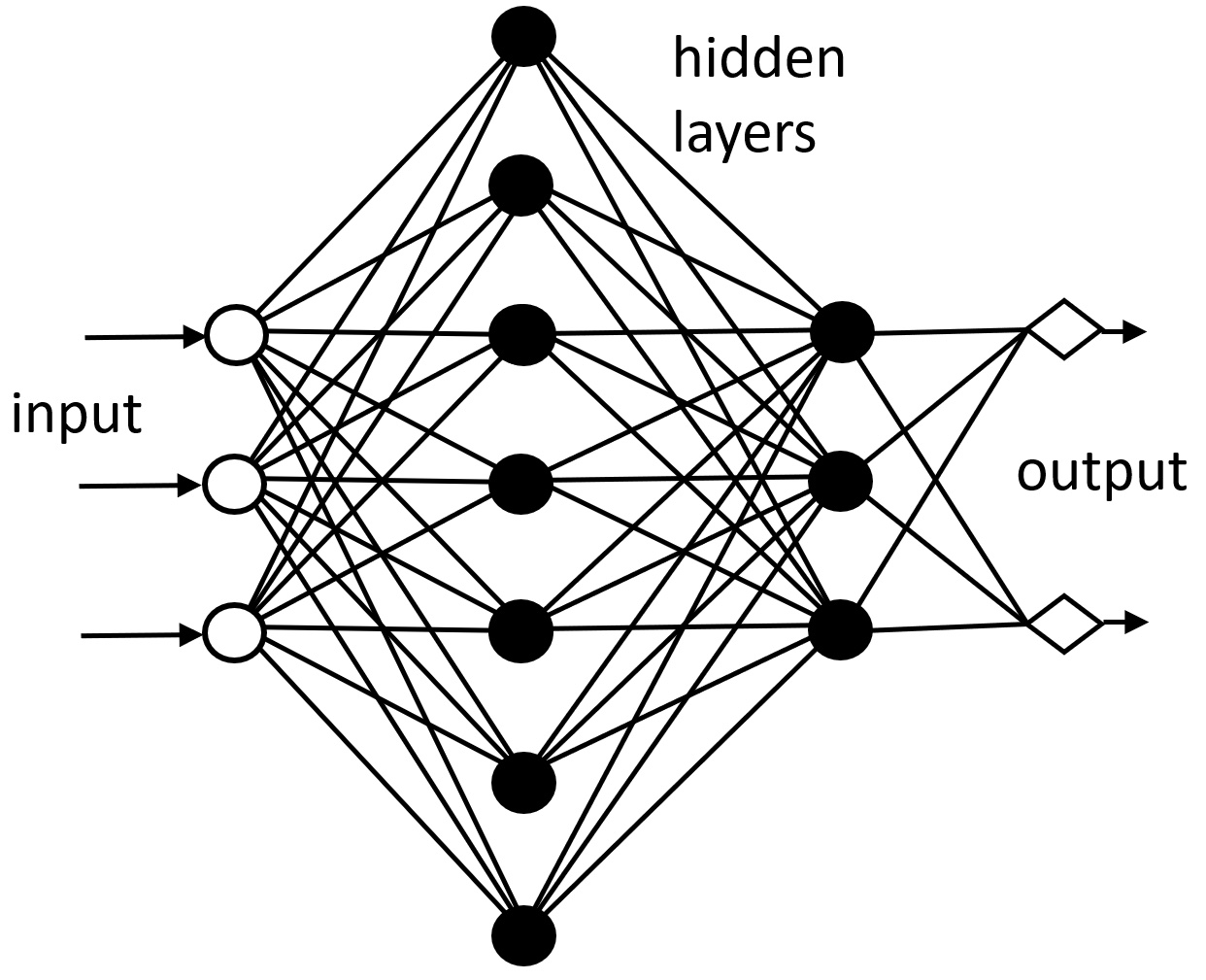
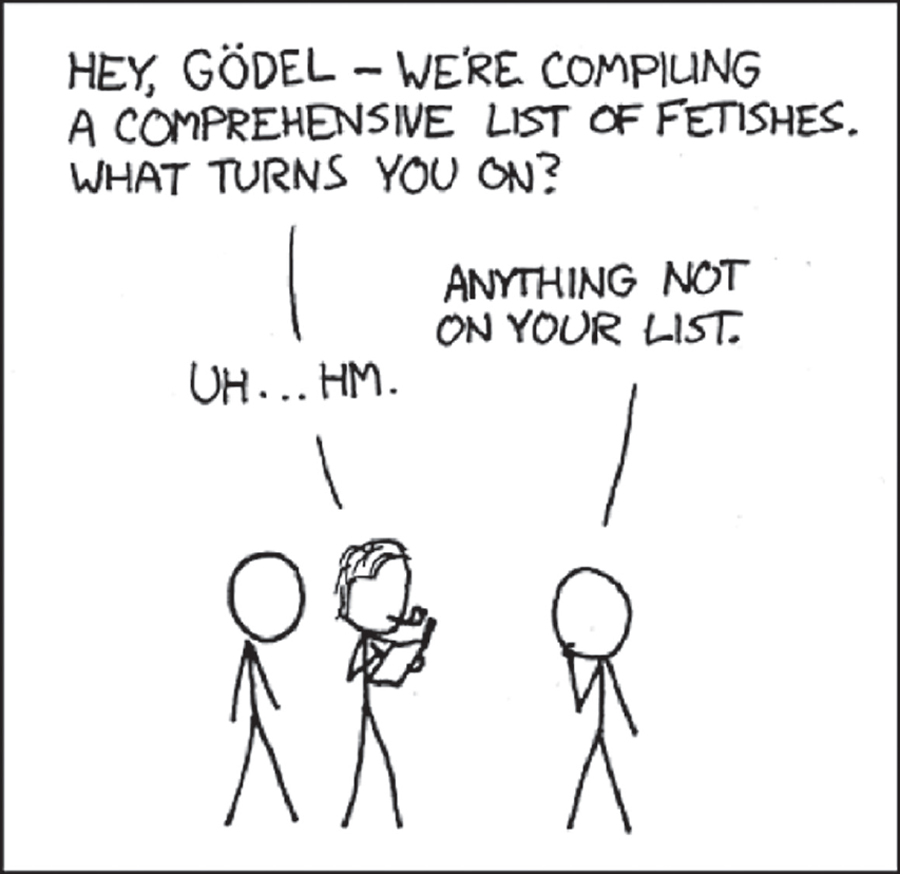
Figures and Pictures Credits
Unless listed here, all figures and pictures are credited to the author (Robert J. Marks II)
- Figure 2.1. Nikola Tesla. “Nikola Tesla, with His Equipment.” Photograph by Dickerson V. Alley, circa 1899, Wikimedia Commons. Public domain.
- Figure 4.1. Guitar faces. Photographs courtesy of Pat Kelley.
- Figure 4.2. The AI-generated portrait Edmond de Belamy. “Edmond De Belamy,” Wikimedia Foundation, July 29, 2019. Public domain.
- Figure 4.5. Elsie Wright and a Cottingley fairy. Photograph by Frances Griffiths, 1917. Public domain.
- Figure 4.6. Frances Griffiths and the Cottingley fairies. Photograph by Elsie Wright, 1917. Public domain.
- Figure 4.7. Montana’s giant grasshopper. Photography by Cole Studio, 1937. Public domain.
- Figure 4.8. A non-existent person from ThisPersonDoesNotExist.com.
- Figure 6.1. Sophia the Robot. “Sophia (robot).” Image by ITU Pictures, June 8, 2017, Wikimedia Commons. CC-BY-SA 2.0 license.
- Figure 10.1. Gödel is a dangerous guy to question. Cartoon by XKCD. date unknown, https://xkcd.com/468/. Used by permission.